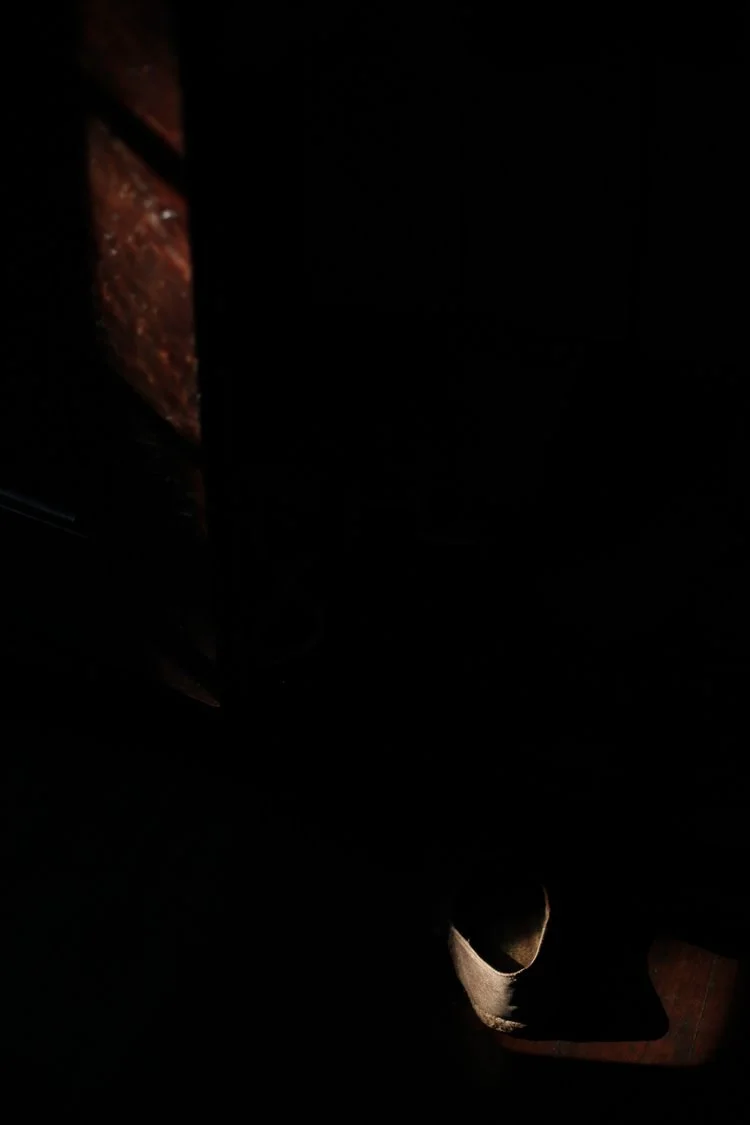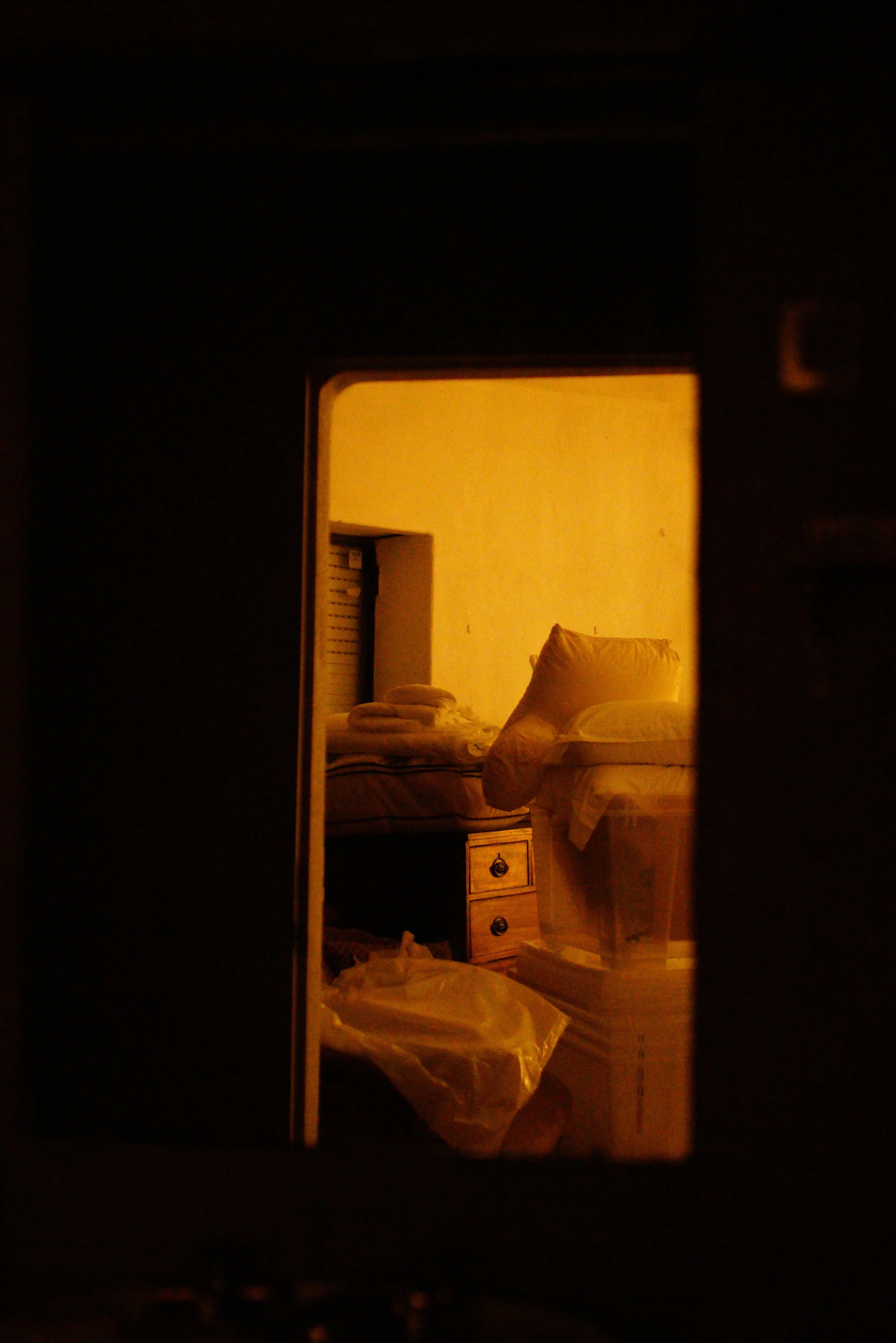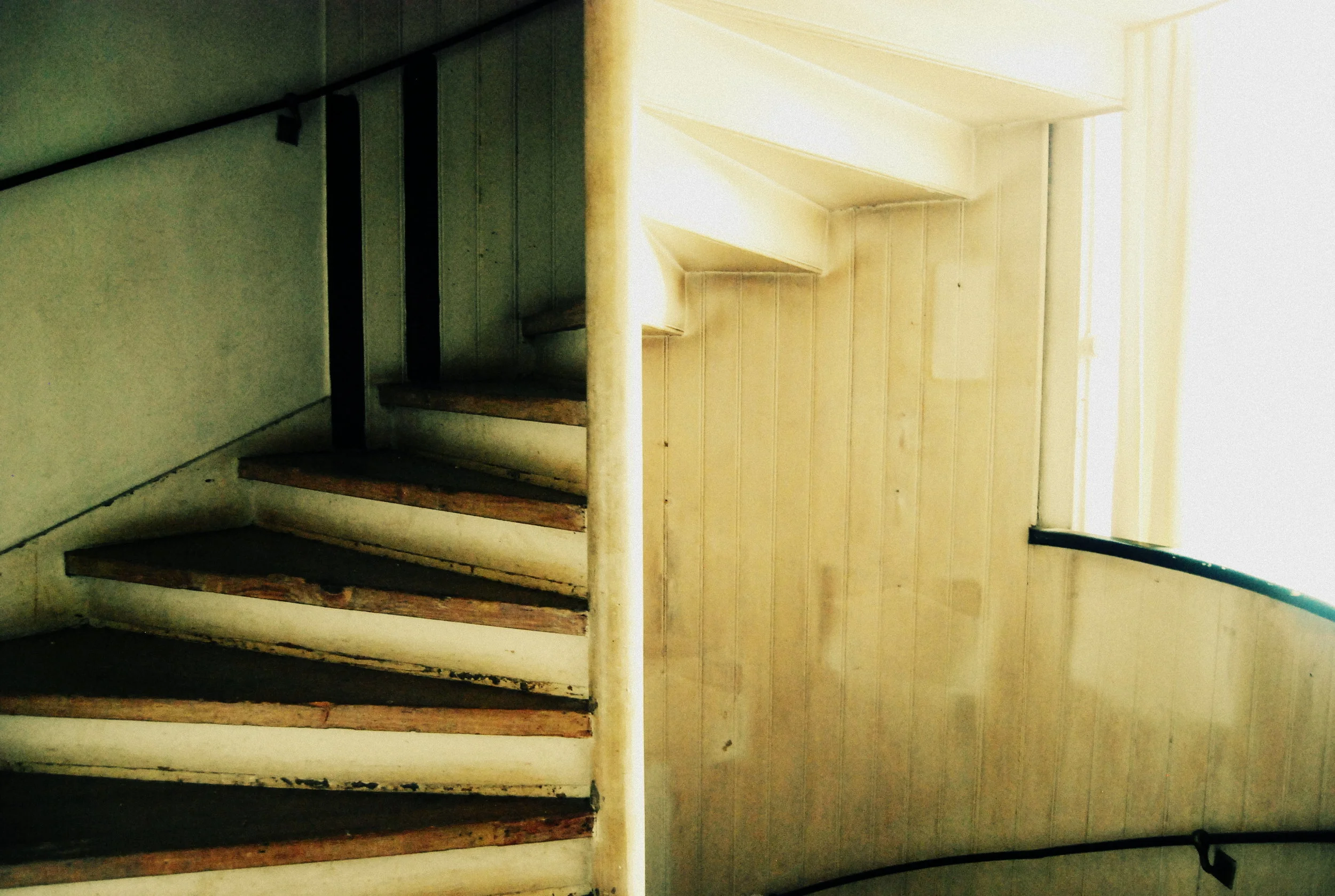The World My Father Left Behind on the 7th of October 2007
Today marks 10 years since my father died of a heart attack, and in order to cherish his memory I have gathered this series of photographs of the places where he lived.
Some of these photos were from when my father was alive and others were taken now in 2017. Some places remain just as my father left them, and in other places the passage of time has manifested itself.
For me, and those who knew my father these places are filled with traces of his life, but are also a constant reminder of his physical absence.
10 years today, my father ceased to exist physically and became present everywhere, all the time,
especially in mine and my siblings' lives.
To the most extraordinary person, my dearest father,
Albano Paganini da Costa Lobo
(01.03.1958 - 07.10.2007)
"One day there is life. A man, not even old, with no history of illness. Everything is as it was, as it will always be. He goes on from one day to the next, minding his own business, dreaming only of the life that lies before him. And then, suddenly there is death. A man lets out a little sigh, he slumps down in his chair, and it is death. The suddenness of it leaves no room for thought, gives the mind no chance to seek out a word that might comfort it. We are left with nothing but death, the irreducible fact of our own mortality. Death after a long illness we can accept with resignation. Even accidental death we can ascribe to fate. But for a man to die of no apparent cause, for a man to die simply because he is a man, brings us so close to the invisible boundary between life and death that we no longer know which side we are on. Life becomes death, and it is as if this death has owned this life all along. Death without warning. Which is to say: life stops. and it can stop at any moment."
Paul Auster in the invention of solitude, also a homage to his father
"The house became the metaphor of my father's life, the exact and faithful representation of his inner world" Paul Auster
"There is nothing more terrible, I learned, than having to face the objects of a dead man. Things are inert, they have meaning only in function of the life that makes use of them. When that life ends, the things change, even though they remain the same. They are there and yet not there: tangible ghosts, condemned to survive in a world they no longer belong to." Paul Auster
It is extraordinary how smell evokes memory and how the smell of the chemicals still lingers on 16 years after my father last used it, and how things remain in the exact same place where he left them.
"Memory, therefore, not simply as the resurrection of one’s private past, but an immersion in the past of others, which is to say: history - which one both participates in and is a witness to, is a part of and apart from. Everything, therefore, is present in the mind at once, as if each element were reflecting the light of all the others, and at the same time emitting its own unique and unquenchable radiance." Paul Auster
"Discovering these photographs was important to me because they seemed to reaffirm my father's physical presence in the world, to give me the illusion that he was still there. The fact that many of these pictures were ones I had never seen before, especially the ones of his youth, gave me the odd sensation that I was meeting him for the first time, that part of him was only just beginning to exist. I had lost my father, but at the same time, I had also found him. As long as I kept these pictures before my eyes, as long as I continued to study them with my complete attention, it was as though he were still alive, even in death. Or if not alive, at least not dead. Or rather, somehow suspended, locked in a universe that had nothing to do with death, in which death could never make an entrance. " Paul Auster
"These tiniest images: incorrigible, lodged in the mud of memory, neither buried nor wholly retrievable. And yet each one in itself, a fleeting resurrection, a moment otherwise lost" Paul Auster


















